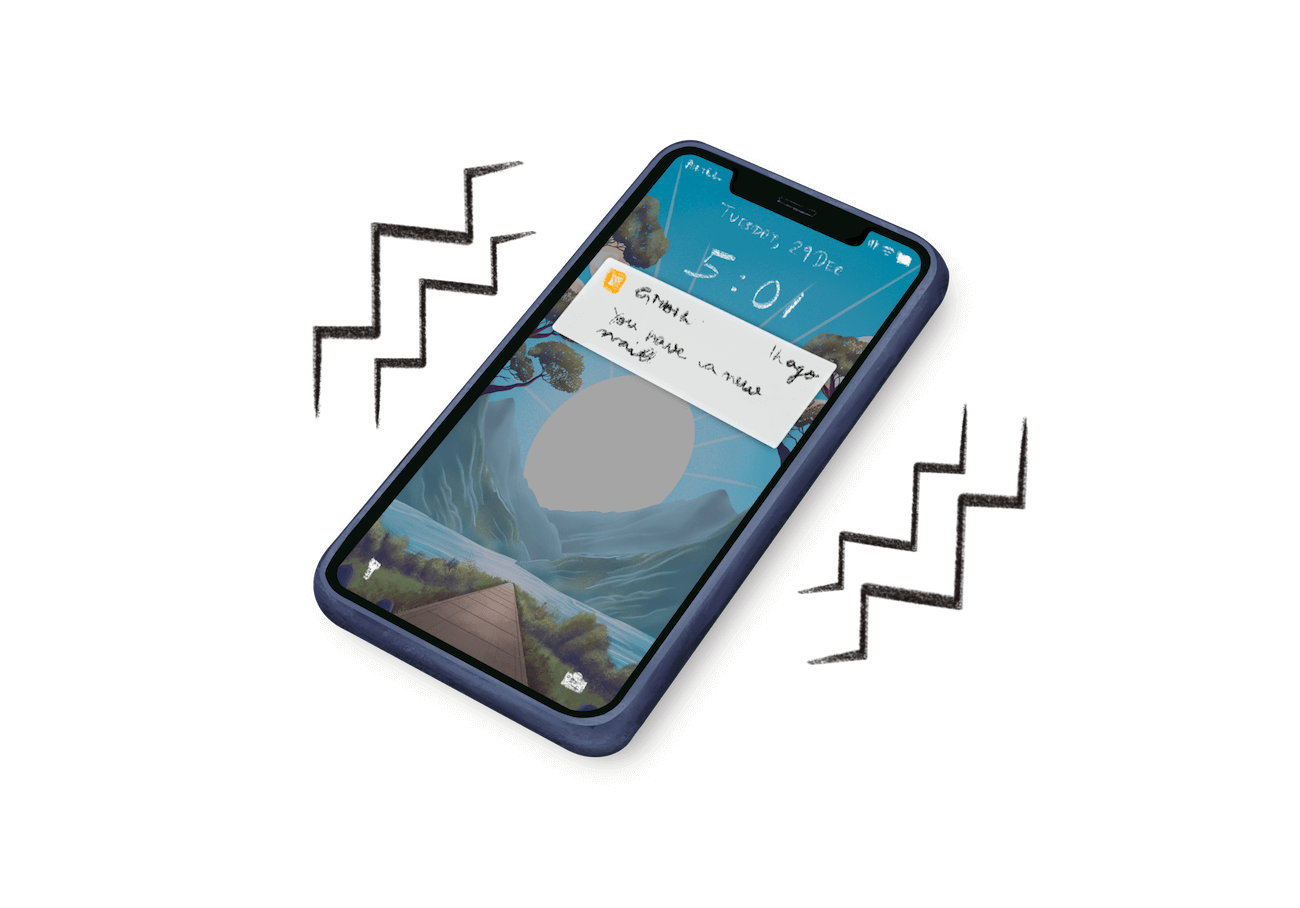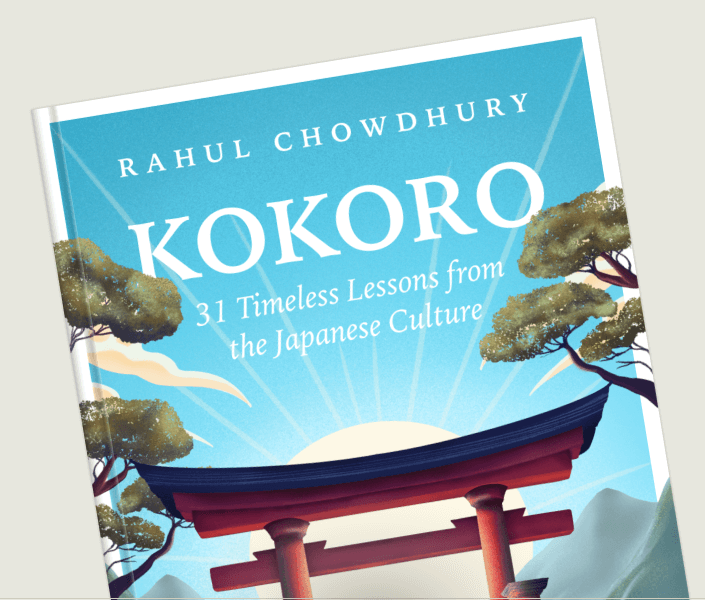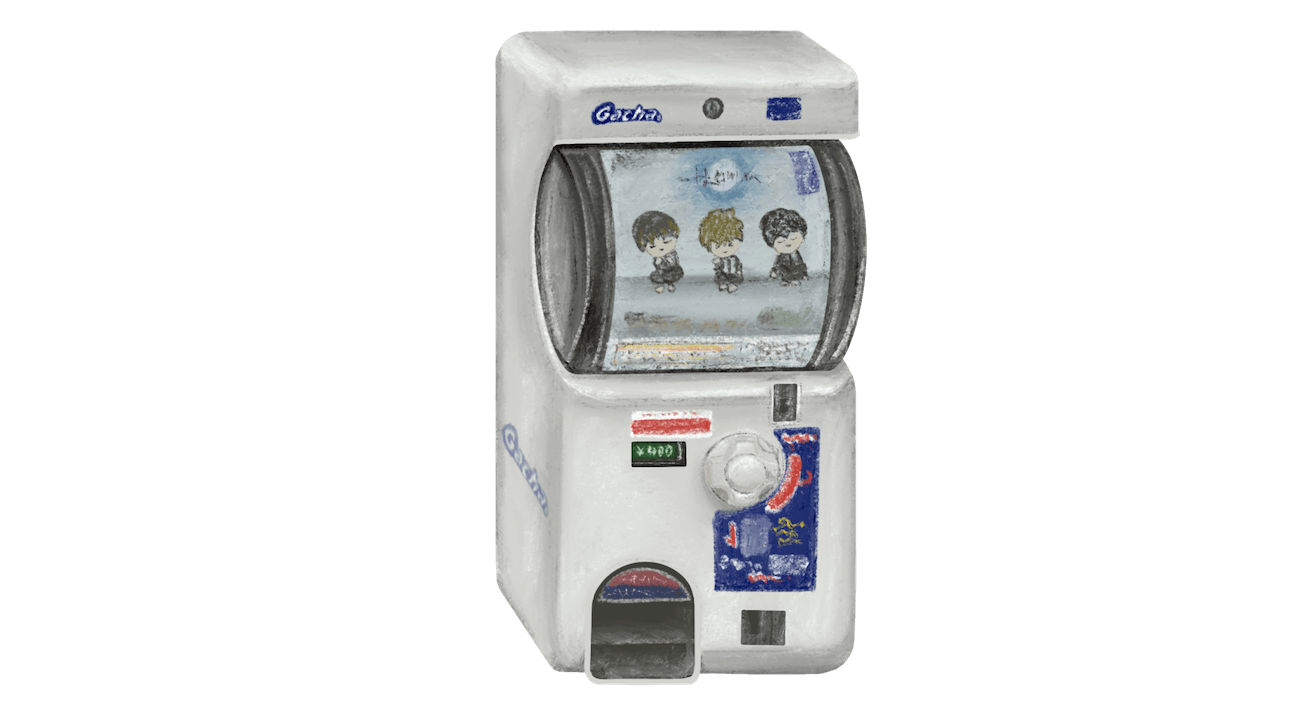I know. I know.
Japan isn't exactly a role model when it comes to having a work-life balance.
Long hours, intense work pressure, and death from overwork are all aspects of the Japanese work culture that make it less desirable to many.
But regardless of how modern Japan's work practices are, three of its ancient philosophies can help us cope with ever-present work and take time for ourselves in a seemingly busy world.
Let's start with the philosophy of:
Uketamo
Uketamo teaches us to accept everything life throws at us with open arms, without judgment.
Endlessly ruminating over a mistake, inconvenience, or difficult situation does not reverse the problem. Instead, it prolongs our suffering.
The earlier we accept and make peace with any unexpected turns in life, the faster we can learn from them and move on.
This is not only a sound philosophy for handling life's general ups and downs but also one that can help us enjoy life outside work.
Unlike in earlier days, when work was usually restricted to the workplace and could be left at the office at the end of a workday, modern work is omnipresent.
Nowadays, even when we are off the clock, we might hear the dreaded tone of a new email or Slack message on our phone, summoning us back to work:

The situation is much worse for many others who can't seem to go an hour without checking their email or Slack in a deep-seated fear of missing something important and urgent at work.
This is where Uketamo can help.
Accepting that your work will still be there when you return to it the next day and that your business or the company you work for is unlikely to collapse overnight if you miss an email sets you free from the unfair expectation of being chronically online.
We accept that we are not machines processing requests 24/7 but humans who need time and space to shut down our working minds and rejuvenate.
During my time as an employee of a large corporation, I experienced the pressures of being “visible” to the team all the time.
People who were always online and answered calls after hours were seen as going the extra mile and were better candidates for promotion. Furthermore, when your team members are working, it becomes difficult to go against the grain and log off.
A phenomenon we commonly refer to as “peer pressure”.
But with the philosophy of Uketamo in mind, I accepted that not being available for work after the standard office hours might hurt my chances of being promoted and earning a higher salary down the line, and I learned to be okay with that.
I was highly available during my working hours and equally distant outside those hours.
That meant once I closed my work laptop for the day, I didn't fiddle with Slack or email on my phone or entertain any urges to check them on my computer.
This might not seem ideal if your goal is to climb the corporate ladder, but I accepted this compromise to have more time for myself and my family rather than working to death.
This becomes trickier as a business owner.
It's easy to fall into the trap of squeezing productivity out of every waking minute when you're not bound by a fixed salary, and extra hours could potentially increase revenue.
Guided by Uketamo, I've accepted that I can't work like my computer and that resting my mind and body is crucial to running my business sustainably over the long term.
I start my day early, finish work by early evening and try not to entertain work thoughts when I'm with my family or after work hours.
But the mind works mysteriously, and I might have an idea pop into my mind during my downtime. Instead of diving into it right then, I pull out my notes app and jot it down for the next day.
Accepting this detachment from work was particularly challenging when I planned an 11-day trip to Japan this year. That's 11 days of not making any progress in my business, especially when I'm running on a limited timeline.
But accepting that I needed a break from the intense work I had been doing for the last six months was monumental to enjoy the trip with a peaceful and work-free mind.
Remember this:
Work never ends, but your time on this planet will.
Accepting that we're humans who have a life outside work helps us detach from it and make time for our family, hobbies and self-care.

Kokoro
Enjoying what you've read so far? You'll love the book I wrote on 31 timeless Japanese philosophies like this one.
Get Your CopyThe next philosophy that deeply impacted how I think about work and things outside it is:
Naikan
Naikan is a reflection practice that involves asking yourself these three questions concerning an individual in your life:
- What have I received from this person?
- What have I given to this person?
- What problems or troubles have I caused this person?
The answers indicate how healthy your relationships are with your loved ones.
Have they been supporting you and helping you through challenging times, but you've been neglecting them?
Have you been so busy these days that you come home just to sleep and rarely converse with anyone in your family?
Are you giving your family the cream?
Are your kids growing up without you in their lives?
While the Naikan exercise starts with three foundational questions, it raises many follow-ups that give you a strong reason to disconnect from work and spend time with your loved ones.
An example of Naikan in daily life is how I schedule my workday.
For example, building a business requires every ounce of time and energy. Since the beginning of this year, I've been toiling every day to make this business sustainable in the long run, but I've also been careful to keep enough free time in my schedule for my family.
Like enjoying a break time with my wife every evening when we watch something together, have a cup of tea and talk:

It's tempting to sacrifice these moments to work longer hours and possibly grow the business faster, but I don't want to build a business at the expense of my family.
My family is equally important to me as my dreams, if not more, and Naikan helps me find my way back whenever I deviate from this path through these questions:
Have I been so caught up with work that I'm not giving my wife any of my time?
Have I been attentive enough to listen to her when she talks, or have I been zoning off and thinking about my next business plan?
These questions and their answers become strong intrinsic motivations to strive for a work-life balance and to let go of work when I'm with my family.
When I work, I work. When I'm with my family, I aim to be physically and mentally with them.
It requires practice, and it's normal for work to creep in when I'm having a pleasant time with my family and friends, but I try not to entertain these thoughts any further.
Returning to the philosophy of Uketamo we discussed earlier, Naikan strengthens it.
Reflecting on the importance of my family relations has been monumental in putting Uketamo into practice and preserving a firm boundary between my work and personal life.
I didn't want to be the guy who zoomed up the corporate ladder but failed to live a good life with his loved ones.
Regardless of your marital or relationship status, you'll likely have friends and other people you care about deeply, and they care about you, too.
Remembering and practising Naikan can keep you grounded and not run so fast chasing dreams that you miss living life.
Lastly, while Uketamo and Naikan can help you distance yourself from work when you're off the clock, the following philosophy will help you enjoy your downtime:
Asobi
Asobi teaches us the importance of play in our lives.
Play relaxes us amidst the stress and busyness of life.
Play engages our minds to be creative, think outside the box and glue unrelated ideas.
Play makes us human.
Yet, we often dismiss any play time in favour of productivity. We see play as a waste of time and instead aim to squeeze every minute of our lives into work.
Asobi helps here.
As a tourist in Japan, I witnessed Asobi firsthand. I saw gaming parlours, capsule toy games (gachapon), and other fun places everywhere.
They weren't just there. People took time from their hectic schedules to enjoy these places, which were often crowded.
Imagine yourself living in Tokyo, returning home from work, and you find a capsule toy game place or a gaming parlour along the way:

After having a mentally taxing day at work, this place seems inviting, so you step in.
You spend 15–30 minutes having fun, forgetting about your to-dos at work and home, and simply enjoying the experience. It relaxes you, maybe even lets your mind breathe, and solves a problem you've been stuck with all day in the office.
That's what play does to us. It lets our mind retreat from its mission control, breathe and enjoy life.
Even in subways, I rarely saw anyone squeezing productivity out of their idle commute time. Instead, many indulged themselves in manga or anime regardless of their age.
Although Japan is infamous for its challenging work ethic, I could still find these pockets of playfulness in every city I visited.
You don't have to live in Japan or indulge in video games to experience Asobi. Asobi sparks through whatever feels like play and energising to you.
It could be a hobby, an outdoor or indoor sport with friends, or a chance to grab your camera, step out, and capture moments across the city.
The definition of play is unique to each of us.
For example, nowadays, I spend around half an hour before bed reading a fiction book or watching an episode of Beyblade.
Reading fiction books and watching anime bring out the 10-year-old in me again. They temporarily relieve me of my adult duties and enclose me in a shell of sheer joy and playfulness.
It's my Asobi moment every day.
Work and family duties will always be significant parts of our lives, and introducing some play doesn't have to be taxing on our schedules and pockets.
Start with 15 minutes of “do whatever invokes that kid in you” time every day.
Work hard, but play, too.

Kokoro
Found these ideas helpful? You'll love the book I wrote on 30 other timeless Japanese philosophies like this one.
Get Your CopyNow, while each philosophy targets an area of life to help us preserve a work-life balance, here's how:
A third space will bind everything together
A third space is not a Japanese concept but can help us integrate these philosophies into our daily lives.
But what's a third space?
Think of it as a transition space where you prepare your mind to shift gears from work to your personal life.
Commuting home from work is an excellent example of a third space many neglect.
I see countless productivity experts and people around me who aim to utilise these pockets of free time to do more work.
But what if when we commute, instead of letting our minds keep working on problems at work, we can use this time to close our workday and shift into a mood that's well-suited for our life outside work?
For example, you can use this time to wash work off your mind and prepare it to be open and playful when you get home to spend quality time with your family or yourself if you live alone.
If your commute is too long, you might read, listen to, or watch something fun that will make you curious and give your mind a well-deserved break after a long day.
Anything that tells your mind, “Hey, we're done working for today. It's time to relax now.”
Unfortunately, unlike our computers, we can't instantly shift from work to life mode. Our minds take time to switch contexts and transition between states.
The third space gives us that transition time.
When I worked at a company, I used my commute time to listen to music or a podcast episode that was not about work or productivity.
I remember listening to an episode of the 99% Invisible podcast once where they talked about how well-known people make their way into being immortalised through US postal stamps. It had nothing to do with my daily work and helped my mind drift away from the worries of the office as I reached home.
Nowadays, I use my 4 PM gym time as my third space to slowly transition from work to other things for the rest of the day.
The good thing about using the gym or workouts as a third space is that they automatically demand our full attention, driving away thoughts of work from our mental space.
If you're thinking about work while you bench press, that could be a recipe for disaster, and your mind knows that. So, it'll focus on the task at hand instead — lifting weights.
Work will be a significant part of our lives. Our livelihood depends on our work.
But demarcating our work from our personal lives and making time and energy for things outside our work can help us enjoy life and survive longer in this game.
Good luck.

If you enjoyed this post, you'll love the 30 other Japanese philosophies in my book, Kokoro. Continue learning by getting your copy.



 In-depth articles, series and guides
In-depth articles, series and guides
